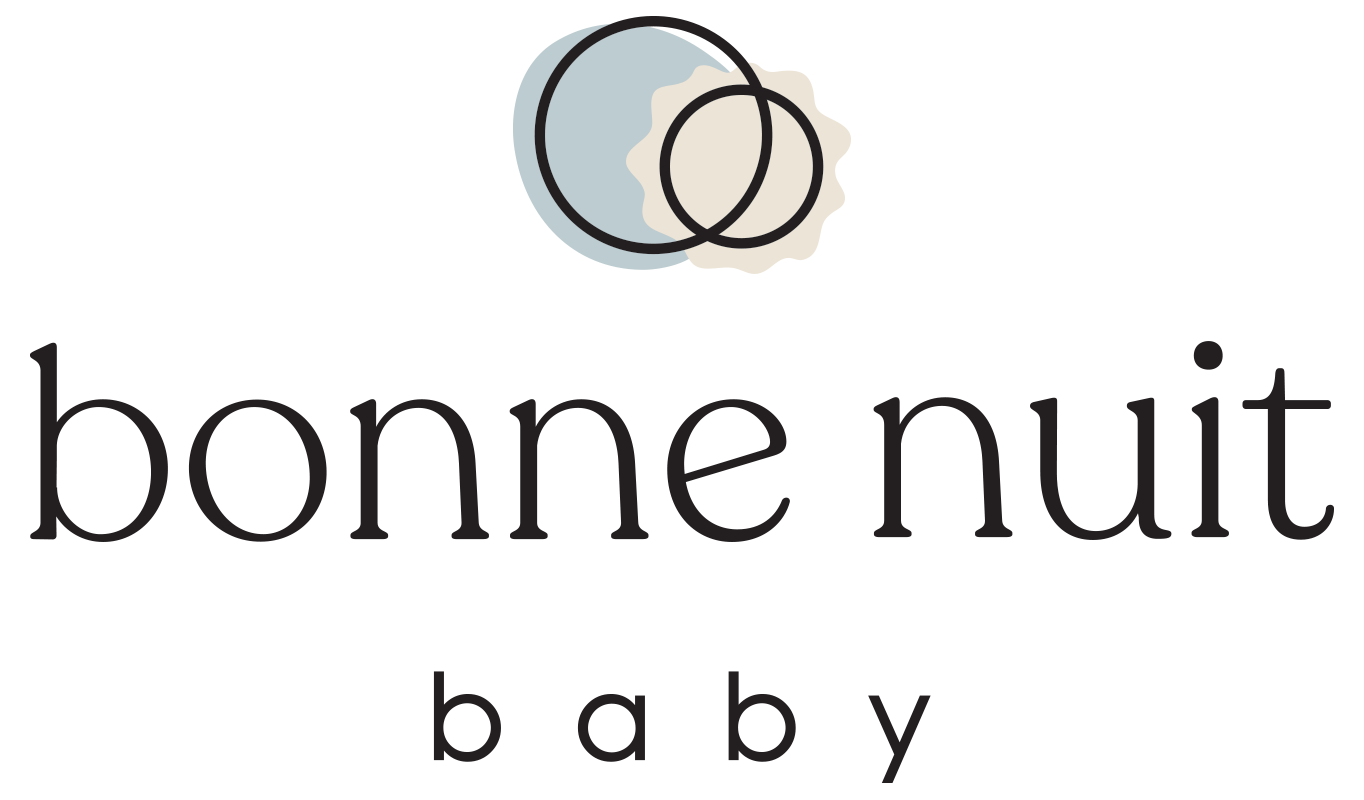Conquer the 8-10 month sleep regression
If you’re like most mums, you probably know about the dreaded 4-month sleep regression, a time where your baby’s sleep completely changes ( often for the worse!). Unfortunately once you’ve found a solution that works and the dust has settled, BAM! There’s another, lesser-known sleep regression just around the corner: the 8-10 month regression.
Unlike the earlier regression, which predictably occurs around 4 months, the second big sleep regression tends to hit between 36 and 40 weeks, sometimes even later. During this period, there is a LOT of brain development occurring. Your baby may have recently started to sit up, crawl, cruise, or even take his first steps. Her early language acquisition has begun in earnest and she’s beginning to methodically explore and categorize the world around her.
All these new skills are great news -- your baby is growing up! But it oftentimes means a period of disrupted sleep, especially for babies who don’t yet have self-soothing skills. If you’ve noticed that your baby is suddenly waking more often during the night, fighting naps, or waking early in the morning, then chances are the 8-10 month regression is to blame.
Here are my top five tips for how to sail through the second sleep regression:
Take a look at your baby’s sleep environment. Now that she’s more interested in the world around her, it’s even more important that she sleep in a very dark, very quiet room for naps and overnight. (If you don’t have blackout curtains and aren’t using white noise, now is the time to start). If your baby is still taking the majority of her naps in the stroller or baby carrier, it’s time to prioritize sleep at home in her crib/cot.
Evaluate your baby’s sleep schedule. Most smaller babies take 3 naps per day, ending with a late afternoon catnap. Around 8 months, it’s time to drop that third nap. This oftentimes mean that bedtime needs to be moved earlier so that your little one doesn’t go to bed overtired, which almost guarantees overnight wakings. For an 8-10 month old baby, I recommend an awake time of no more than 3-4 hours between the last nap and bedtime. Watch her tired signs closely starting at 5pm and schedule bedtime accordingly
.Invest in a sleeping bag/sleep sack. If your baby isn’t already cozied up in a sleeping bag, now is the time to start. Why? Sleep disruptions at this age commonly occur when babies practice their newfound mobility skills overnight: e.g., standing in the cot or getting limbs stuck between the bars -- all at 2AM. While a sleeping bag won’t always prevent this behaviour, it’ll make it a lot more difficult for your little one.
Talk to your health practitioner about teething. It’s SO easy to blame sleep problems on teething, but it’s not always the culprit. Quite often, sleep disruptions lasting for more than a few days are due to another underlying problem. If you’re worried that your little one can’t sleep because of teething, talk to a doctor to see if she thinks that’s the case.
Ride out the storm.Sleep regressions are temporary disruptions to sleep as a result of developmental changes. Your goal is to avoid introducing any sleep habits that you don’t want to continue long-term. For example, if you begin to bring your 9-month old into bed with you, she’ll definitely expect that to continue well after the regression has played out. Keep your cool and repeat to yourself: This is just a phase.
